Berlin
‘Capitalism is armed robbery,’ reads the graffiti on the subway wall, but here in Berlin, German capitalists are doing what capitalism does best — creating new jobs and new industries. Berlin used to be regarded as ‘poor but sexy’(as Berlin’s former mayor Klaus Wowereit put it), but last year the German capital boasted the highest growth in the country — 2.7
Already a subscriber? Log in
Subscribe for just $2 a week
Try a month of The Spectator Australia absolutely free and without commitment. Not only that but – if you choose to continue – you’ll pay just $2 a week for your first year.
- Unlimited access to spectator.com.au and app
- The weekly edition on the Spectator Australia app
- Spectator podcasts and newsletters
- Full access to spectator.co.uk
Or
Unlock this article
You might disagree with half of it, but you’ll enjoy reading all of it. Try your first month for free, then just $2 a week for the remainder of your first year.

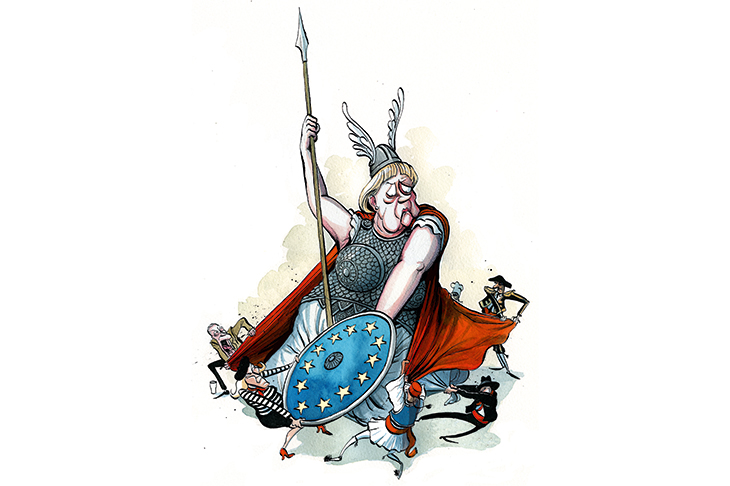
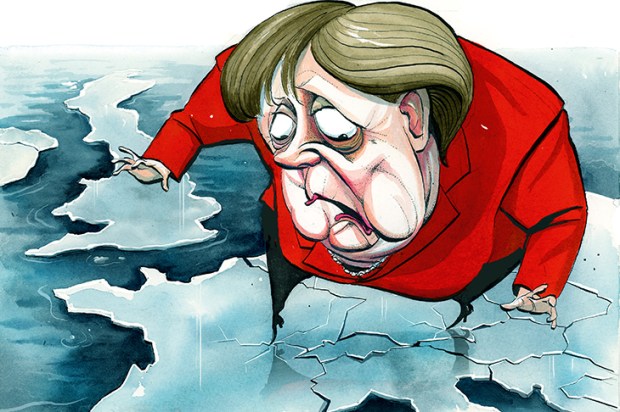
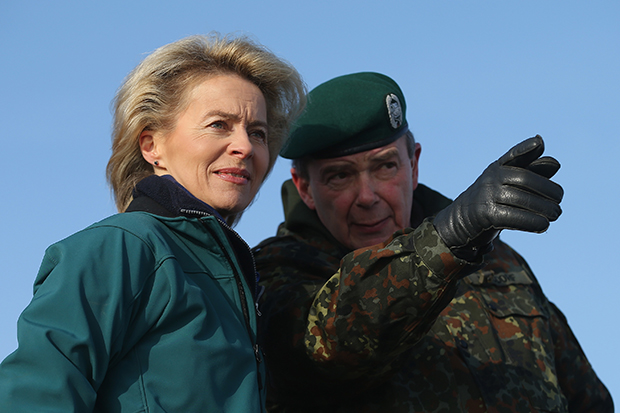
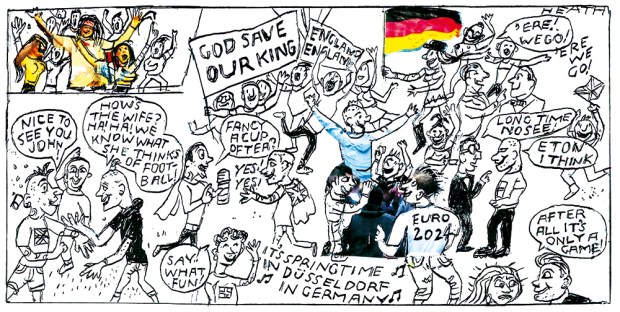


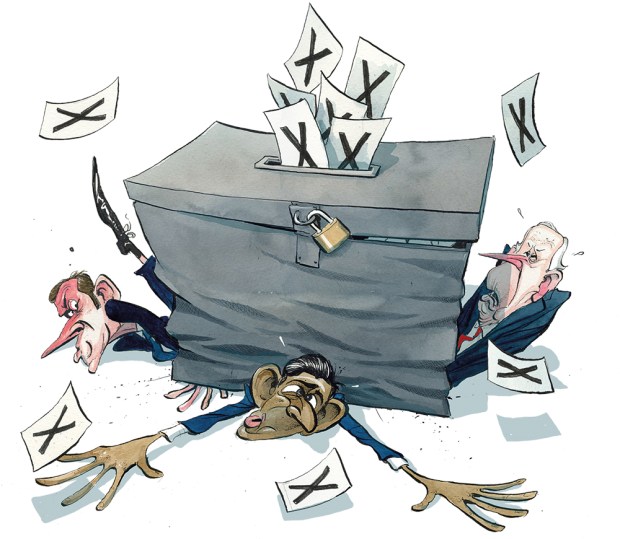






Comments
Don't miss out
Join the conversation with other Spectator Australia readers. Subscribe to leave a comment.
SUBSCRIBEAlready a subscriber? Log in